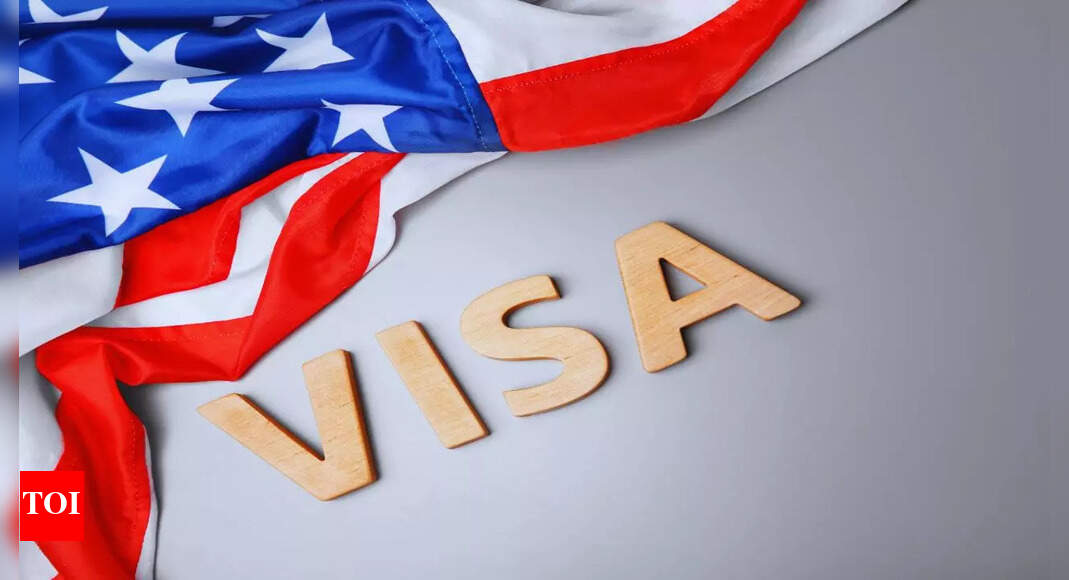The US State Department suspended all F-1 visa appointments across its embassies in all countries for the time being to come up with a new set of rules for social media vetting. The department has now announced it will be restarting interviews for student visas under the new strict social media guidelines. All applicants have to set their social media accounts ‘public’ so that embassy officials can view their social media activities, the State Department said in a cable sent to embassies and consulates.
What are the new rules for F, M, J visa?
- Social media vetting will require embassy staff to review the “online presence” of the applicants.
- Applicants can’t have their social media profiles set to ‘private’.
- Staff members will have to identify applicants who have hostile attitudes toward US citizens, culture, government institutions or founding principles.
- Applicants who advocate for, aid, or support designated foreign terrorists nd other threats to US national security or who perpetrate unlawful antisemitice harassment of violence will be identified and rejected.
Who will be vetted under these stricter rules?
All foreign nationals who apply for F visas, which are for academic students, M visas which are for vocational students, J visas which are for educational and cultural exchanges, will now go through this stricter vetting. The cable sent by the State Department said that US citizens expect their government to make their country safer, particularly when it relates to the visa system.“Secretary Rubio is helping to make America and its universities safer while bringing the State Department into the 21st century,” the State Department said.It said that it is important to protect American institutions of higher education from those who would “steal technical information, exploit U.S. research and development, and spread false information for political or other reasons.”The new procedures will take effect in five business days.
What if applicants do not make their social media accounts public?
The State Department hinted that applicants will be penalized if they refuse to make their social media accounts public. Applicants whose cases are currently in progress will also go through this new vetting.If portions of accounts remain “set to ‘private’ or otherwise limited, you should treat the case as any other where an applicant fails to provide certain information on request,” the cable stated. It added, in a bolded sentence, “You must consider whether such failure reflects evasiveness or otherwise calls into question the applicant’s credibility.”

